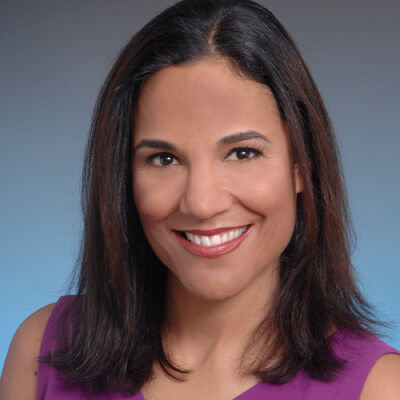Required Conflicts Disclosures
Key Takeaways
World Energy Council Survey
Results of the World Energy Council survey have shown that a vital shift of global energy systems is underway, with an historic reallocation of investment already beginning - 80% of respondents are significantly shifting investments towards digitalization, R&D and ESG activities. Meanwhile, a third of organizations plan to shut down one or more business units.
COVID-19 vs. Russia’s Energy System
According to Alexander Novak, Russia’s Minister of Energy, Russia’s current energy system is one of the most diversified with reliance on gas, nuclear, hydro and coal. Regardless, COVID-19 has brought about fundamental shifts in consumer behavior as people will not use cars and planes as much given some of the biggest companies have made work from home a more permanent solution.
Previous forecasts will be revised and the recovery in demand should be a partial one vs. v-shaped. In terms of the Nord Stream pipeline, progress has been slowed due to protectionist policies but the truth is that 2 billion people globally still lack access to energy.
Response to Oil Price Volatility
According to RBC’s Helima Croft, recent oil price volatility has added urgency to nations to speed up economic diversification efforts. We have seen more mutual cooperation due to COVID-19 wherein nations have come together to realize codependence and the need to collaborate. Specifically, President Trump went from criticizing OPEC to helping get the historic 9.7 mb/d cut on April 13th across the finish line as sheer economics changed American energy politics.
Similarly, countries less far along in terms of economic development are purely focused on prices when determining which type of energy to rely on and this could be a hindrance to alternative energies being implemented, given continued affordability of oil, natural gas and other conventional sources.
Digital, Clean Solutions
Leonhard Birnbaum, CEO of the power provider E.ON, explained that the German coal to natural gas transition is fundamentally driven by economics and is not solely politics as you can only keep what is competitive. Future solutions will need to be digital and clean given some recent green bond issuances have been more successful than normal bond issuances.
Panelists
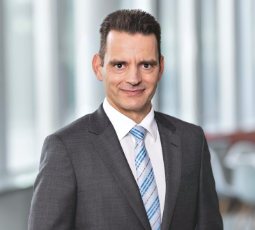
Dr. Leonhard Birnbaum
Member of the Management Board, E.ON; CEO, Innogy; Chair of the Studies Committee, World Energy Council
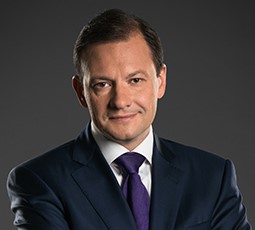
Sergey Brilev
Deputy Director, TV Channel “Rossiya”; President, Global Energy Association
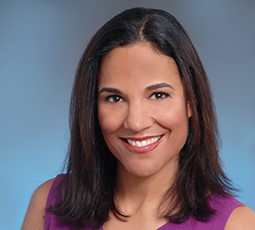
Helima Croft
Managing Director and Global Head of Commodity Strategy and MENA Research, RBC Capital Markets
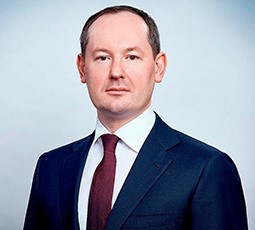
Pavel Livinsky
Chairman of the Management Board and Director, Rosseti
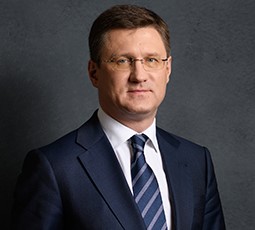
Alexander Novak
Minister of Energy of the Russian Federation
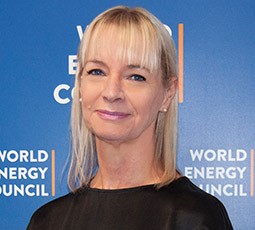
Dr. Angela Wilkinson
Secretary General and CEO, World Energy Council
